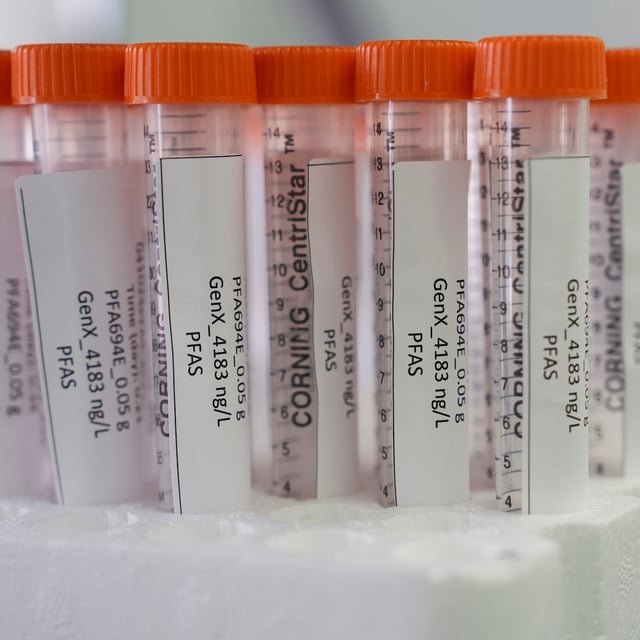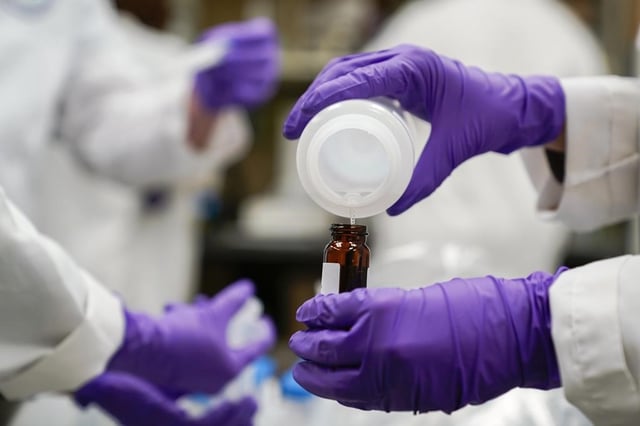Overview
- France has passed legislation banning the use of PFAS, or 'forever chemicals,' in textiles, clothing, and other consumer goods starting in 2026, with limited exceptions for protective gear.
- PFAS, widely used for their water, stain, and heat resistance, are linked to serious health issues, including cancer, hormonal disruption, and immune system problems.
- Canada has announced plans to classify PFAS as toxic under its Environmental Protection Act, paving the way for phased bans targeting firefighting foams, textiles, cosmetics, and food packaging by 2027.
- The fashion industry faces significant challenges in eliminating PFAS from supply chains due to cost, functionality trade-offs, and the need for alternatives that may impact garment quality and performance.
- These actions align with growing international efforts to regulate PFAS, as the European Union and the United States also work toward stricter controls on these persistent chemicals.



